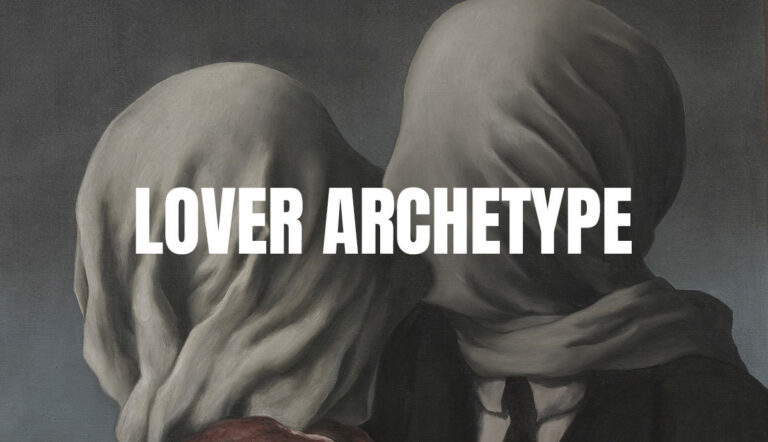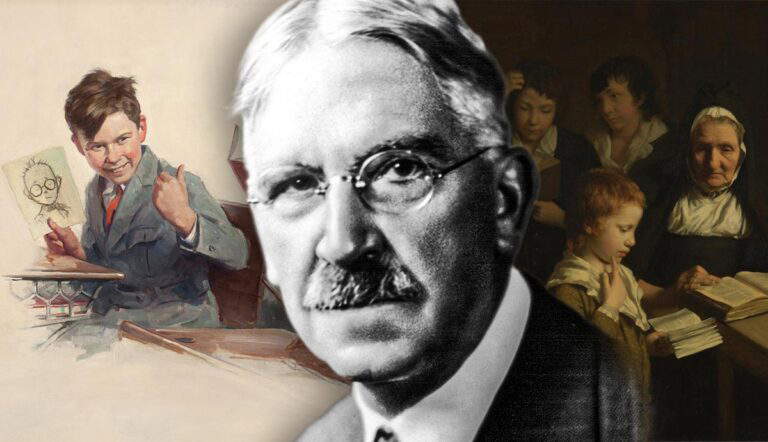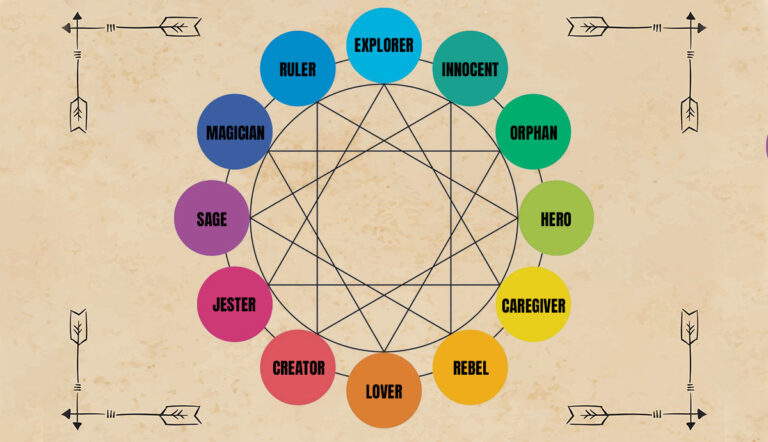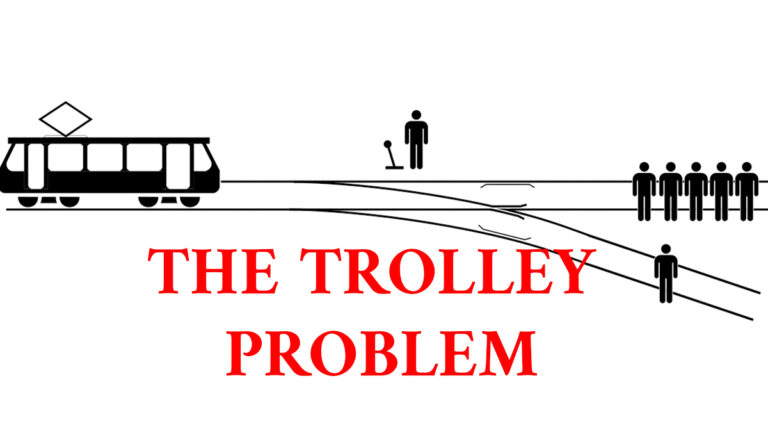
Viktoriya Sus
Viktoriya is a writer from L’viv, Ukraine, with a passion for both ancient and modern philosophy. She enjoys exploring how modern philosophical movements, such as existentialism and phenomenology, address contemporary issues like identity, freedom, and the human condition. In her free time, Viktoriya loves analyzing the works of thinkers like Sartre and Heidegger to see how their ideas resonate today. Beyond philosophy, she enjoys traveling, learning new languages, and visiting museums, always seeking inspiration in art and culture.
Articles by Viktoriya Sus
 The Lover Archetype & What Jung Revealed About Passion and Connection
The Lover Archetype & What Jung Revealed About Passion and ConnectionThe Lover archetype teaches us to feel deeply, seek beauty, and connect meaningfully, reminding us that emotions are a powerful source of wisdom.
 Why John Dewey’s Philosophy Is Still Relevant
Why John Dewey’s Philosophy Is Still RelevantDewey's philosophy enables us to acquire knowledge through action, grow from lived experiences, and construct a more democratic world.
Dewey's philosophy enables us to acquire knowledge through action, grow from lived experiences, and construct a more democratic world.
 What Do the 12 Jungian Archetypes Reveal About You?
What Do the 12 Jungian Archetypes Reveal About You?Find out how Jungian archetypes influence your life, help you gain insight into your inner self, and help you achieve personal growth!
Find out how Jungian archetypes influence your life, help you gain insight into your inner self, and help you achieve personal growth!
 Are Utilitarianism and Consequentialism the Same Thing?
Are Utilitarianism and Consequentialism the Same Thing?Utilitarianism falls under the umbrella of consequentialism, yet it is not the sole member. So, what's the difference?
Utilitarianism falls under the umbrella of consequentialism, yet it is not the sole member. So, what's the difference?
 Free Will or Fate? How Archetypes Shape Our Choices
Free Will or Fate? How Archetypes Shape Our ChoicesArchetypes shape us, but don't trap us. By understanding their power, we gain the freedom to rewrite our own stories.
Archetypes shape us, but don't trap us. By understanding their power, we gain the freedom to rewrite our own stories.
 5 Quotes by Thomas Hobbes Explained
5 Quotes by Thomas Hobbes ExplainedHobbes teaches us to seek truth, beware of manipulation, understand human nature, value science, and approach language cautiously.
 The Quiet Desperation of Adolescence and Its Struggles in Art and Philosophy
The Quiet Desperation of Adolescence and Its Struggles in Art and PhilosophyThe unseen side of adolescence reveals deep loneliness shaped by identity struggles, social changes, and emotional challenges that often go unnoticed.
The unseen side of adolescence reveals deep loneliness shaped by identity struggles, social changes, and emotional challenges that often go unnoticed.
 The Unique Ritual of New Mexico’s Zozobra and the Philosophy of Burning Effigies
The Unique Ritual of New Mexico’s Zozobra and the Philosophy of Burning EffigiesZozobra’s burning symbolizes catharsis, renewal, and embracing change. It blends philosophy and ritual to release collective burdens and foster fresh beginnings.
 Jean-Paul Sartre’s 5 Most Striking Quotes Explained
Jean-Paul Sartre’s 5 Most Striking Quotes ExplainedWhat can we learn from Jean-Paul Sartre's teachings on freedom, responsibility, and navigating the complexities of human existence?
What can we learn from Jean-Paul Sartre's teachings on freedom, responsibility, and navigating the complexities of human existence?
 5 Famous Quotes by René Descartes Explained
5 Famous Quotes by René Descartes ExplainedDescartes teaches us to actively engage our minds, question assumptions, and seek clarity in our pursuit of knowledge.
 5 Famous Quotes by Friedrich Nietzsche Explained
5 Famous Quotes by Friedrich Nietzsche ExplainedA concise guide to five Nietzsche quotes: what they mean and why they matter now, covering faith, strength, art, and authentic living.
A concise guide to five Nietzsche quotes: what they mean and why they matter now, covering faith, strength, art, and authentic living.
 Is It Right to Sacrifice One Life to Save Many? The Trolley Problem Explained
Is It Right to Sacrifice One Life to Save Many? The Trolley Problem ExplainedThe Trolley Problem is a moral dilemma that questions whether it’s ethical to sacrifice one life to save many others.
The Trolley Problem is a moral dilemma that questions whether it’s ethical to sacrifice one life to save many others.
- …